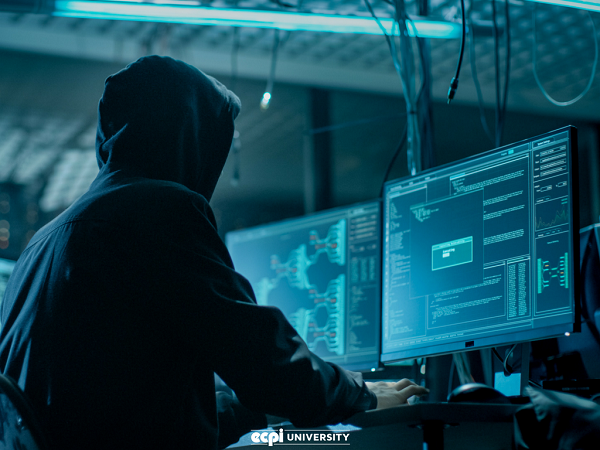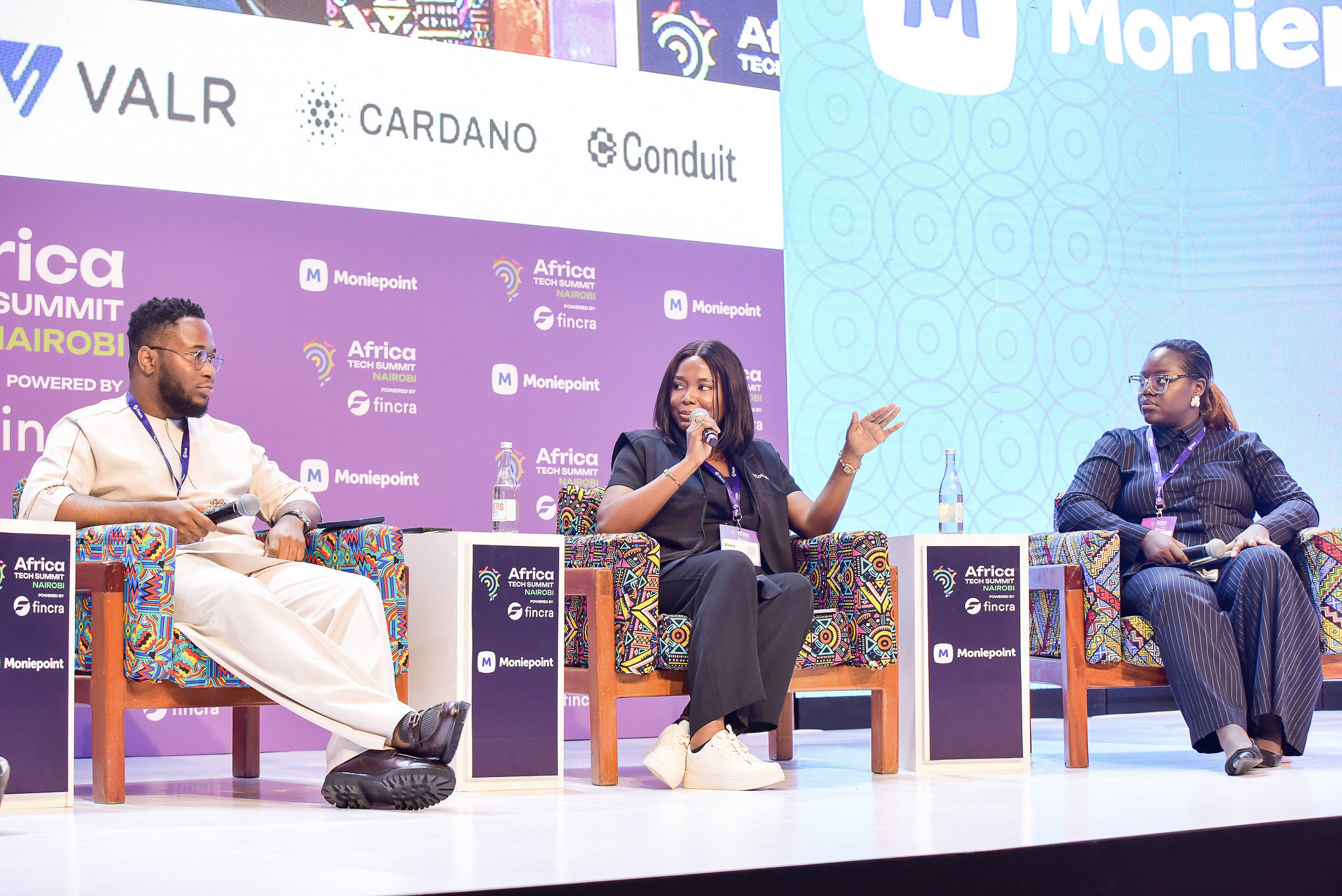Last year, on average, 570 cyberattacks were recorded every hour in South Africa. With the world’s second-largest population of internet users, Africa is a major target for cyber attacks.
In countries like South Africa, Nigeria, Kenya and other countries in Africa, most cyberattacks stem from poorly secured online platforms, digital financial services, malware-infected mobile phones and lack of education on cybersecurity.
So how can Africans protect themselves from cyberattacks?
In an edition of TC Live, Daniel Osineye – Co-founder & CTO, Evolve Credit; Adeoluwa Akomolafe – Chief Information Security Officer, Wema Bank Plc; Joseph Onyema, Group Chief Information Officer, United Capital Group Plc; Sophina Kio-Lawson, Co-founder at SheSecures and Nick Maxwell – General Manager, Ava Security (UK, MEA & ANZ) sat down to answer this question.
“Every company is at risk of a cyberattack. In the past year, there’s been the highest rise in cyber attacks.” Maxwell said as he opened up the webinar with a short presentation.
He cited the fact that over 90% of these attacks included the human factor – oversight or negligence of people. It’s an indicator that highlights the people’s lack of knowledge on how to keep their devices safe.
He believes that with more people working from home, the boundaries of cyberattacks have shifted. There’s a lot of focus on external threats, but the existing company employees have a role to play.
Protecting personal data starts with educating people about cybersecurity risks and how to protect their personal data.
What’s the difference with working from home?
“We realized we were more at risk,” Onyema said when posed this. United Capital Group, discovered that staff sometimes worked at friends’ places, often leaving their laptops there unsecured.
This opened up the company to a few security gaps as it couldn’t control where the laptops were going to or protect traffic over the Virtual Private Networks (VPN) to access information from the office.
On this note, Akomolafe shares the surprise that prior to COVID, it was unheard of that bankers would be working from home. Now there’s some form of remote work happening via people using cloud tools. The company is facing higher risks, he says “There’s very little you can do about how people behave when they’re in their own space. “
Considering these risks, what are some best practices and habits to stay secured?
Kio-Lawson believes it’s important to educate the consumers on how secure tools are but we shouldn’t be putting all the pressure on the users. Maxwell was of the opinion that there’s always going to be a fine line between security and collaboration. We should give users the tools to ensure they’re doing better at staying secure.
“If we can take 80% off the user and leave the 20% for them that’s good,” he said
What are some top things CIO/CTO need to secure?
“Understand your infrastructure, know what your assets are. Secure the assets based on how critical they are to your business. Do some business impact analysis. My biggest worry today is visibility. Do I know about everything I have out there, are there new products that I’m not aware of?” Akomolafe said.
For Wema Bank, this extends down to third party integrations. The bank can do it’s best but can’t guarantee that it’s third parties would do the same.
“You’re as secure as your weakest link,” he said.
Kio-Lawson acknowledged that partnerships are critical. She said, “To some extent you can protect your end but not your partner’s end. What legal frameworks have you put in place to protect yourself? Run PEN test and vulnerability assessment.”
What’s the balance between privacy and security?
In a world where companies continually require data to provide better service, there’s the question of who has access and rights to control users’ personal information. How can companies keep a fine line between asking for more data and ensuring that data is safe?
The answer is simple according to Kio-Lawson. “You sometimes have to be able to give up one. It’s never 50-50.”
Watch the video conversation below:
This edition was brought to you in partnership with Ava Security and Urban Ubuntu. If you enjoyed reading this article, please share it to a WhatsApp group or telegram channel.




















